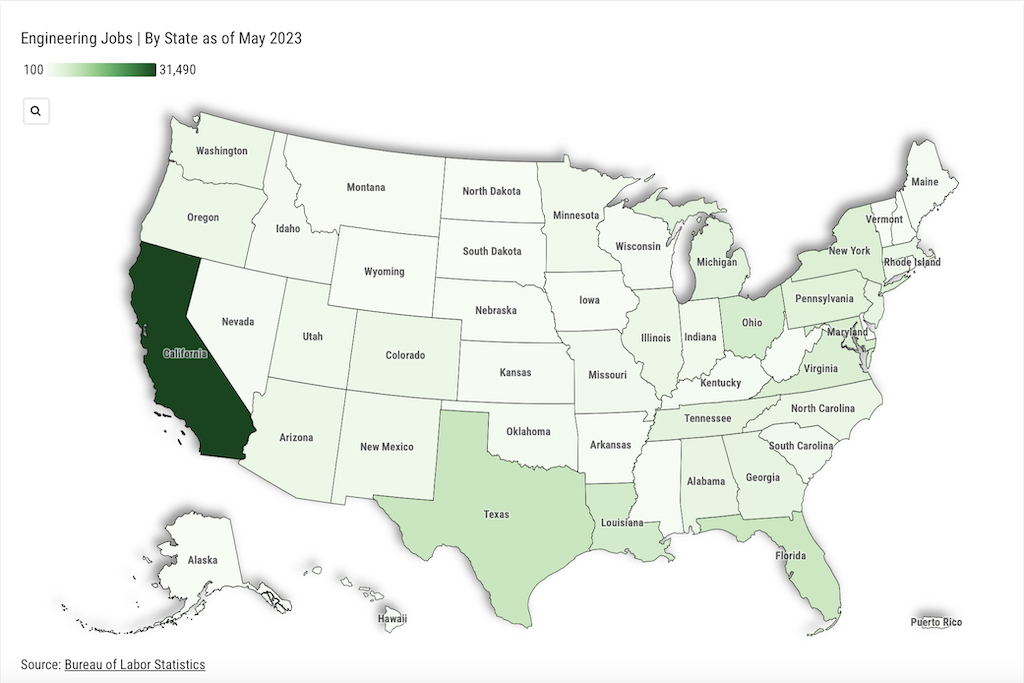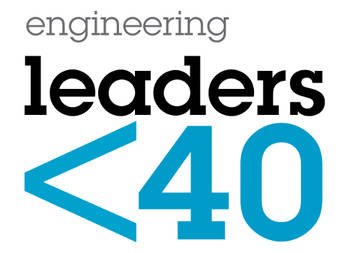Bloomfield Hills, Mich.-based Cequent Group, which makes automotive towing systems, trailer parts, and associated brake and electrical components, recently rolled out an enterprise quality management system from IQS to its Chinese supplier base. Embedded in Cequent's U.S. manufacturing operations since 2002, the intention was to duplicate the system's success in establishing both a formal quali...
Bloomfield Hills, Mich.-based Cequent Group , which makes automotive towing systems, trailer parts, and associated brake and electrical components, recently rolled out an enterprise quality management system from IQS to its Chinese supplier base. Embedded in Cequent’s U.S. manufacturing operations since 2002, the intention was to duplicate the system’s success in establishing both a formal quality management system as well as a significant reduction in defects.
Back in 2002, Cequent’s manufacturing operation in Tekonsha, Mich., had been given a matter of months to
| “Chinese suppliers tend to respond to the quality problems by throwing inspection labor and rework at them, rather than relying on quality management and quality processes.”
—Kreg Kukor, director of global quality systems, Cequent |
install a quality system that was compliant with the Ford Q1:2002 standard, recalls Kreg Kukor, Cequent’s director of global quality systems. With the Tekonsha business then up for sale by its previous owners, funding was tight, and IQS’ ASP-based business model was attractive, he explains.
So too was the associated speed of implementation. “We had the data loaded in two weeks, and five days later we were operational.”
Parts-per-million defect levels, then running at 4,200 per month, fell to 369 per month after just nine months, and now average 50 per month. Those same benefits were attractive in terms of Cequent’s Chinese suppliers, explains Kukor.
“Not only were quality defects from our Chinese suppliers running at a thousand times our U.S. rate, but Chinese suppliers tend to respond to the quality problems by throwing inspection labor and rework at them, rather than relying on quality management and quality processes,” he says.
The U.S. deployment was rapid, with Cequent’s first Chinese supplier going live on a transaction-entering basis within 24 hours. The parts-per-million monthly defect levels have fallen from 33,555 to below 300, says Kukor, and 97.5 percent of product destined for Cequent now moves through the Chinese plants without incurring rework.
“IQS made it possible for us to develop a robust quality management process for suppliers that we can quickly replicate across our entire global supply chain,” concludes Kukor. “Our suppliers appreciate the effort we put into our supplier quality management program. It improved their own performance, and secured long-term business relationships with us.”



